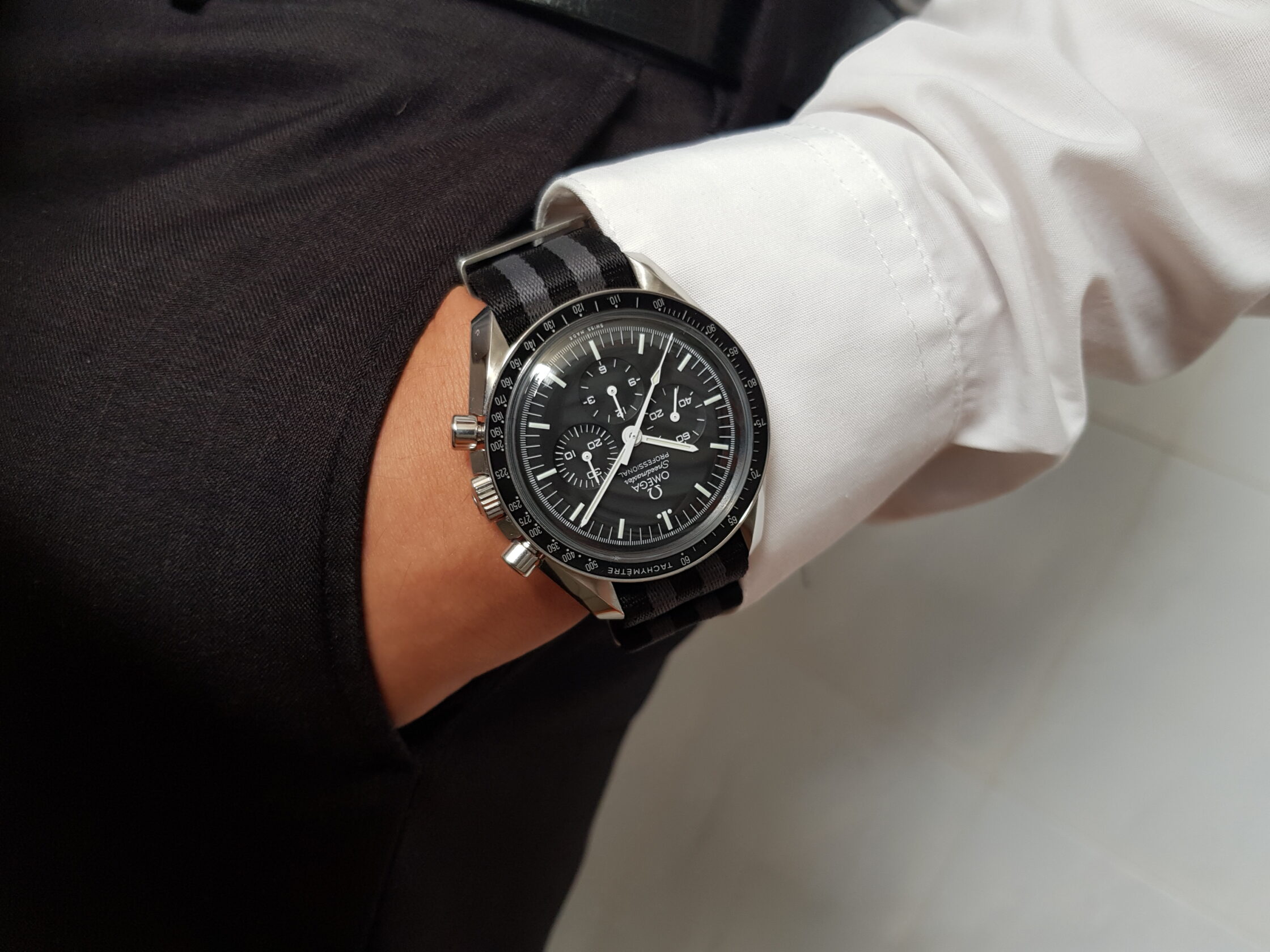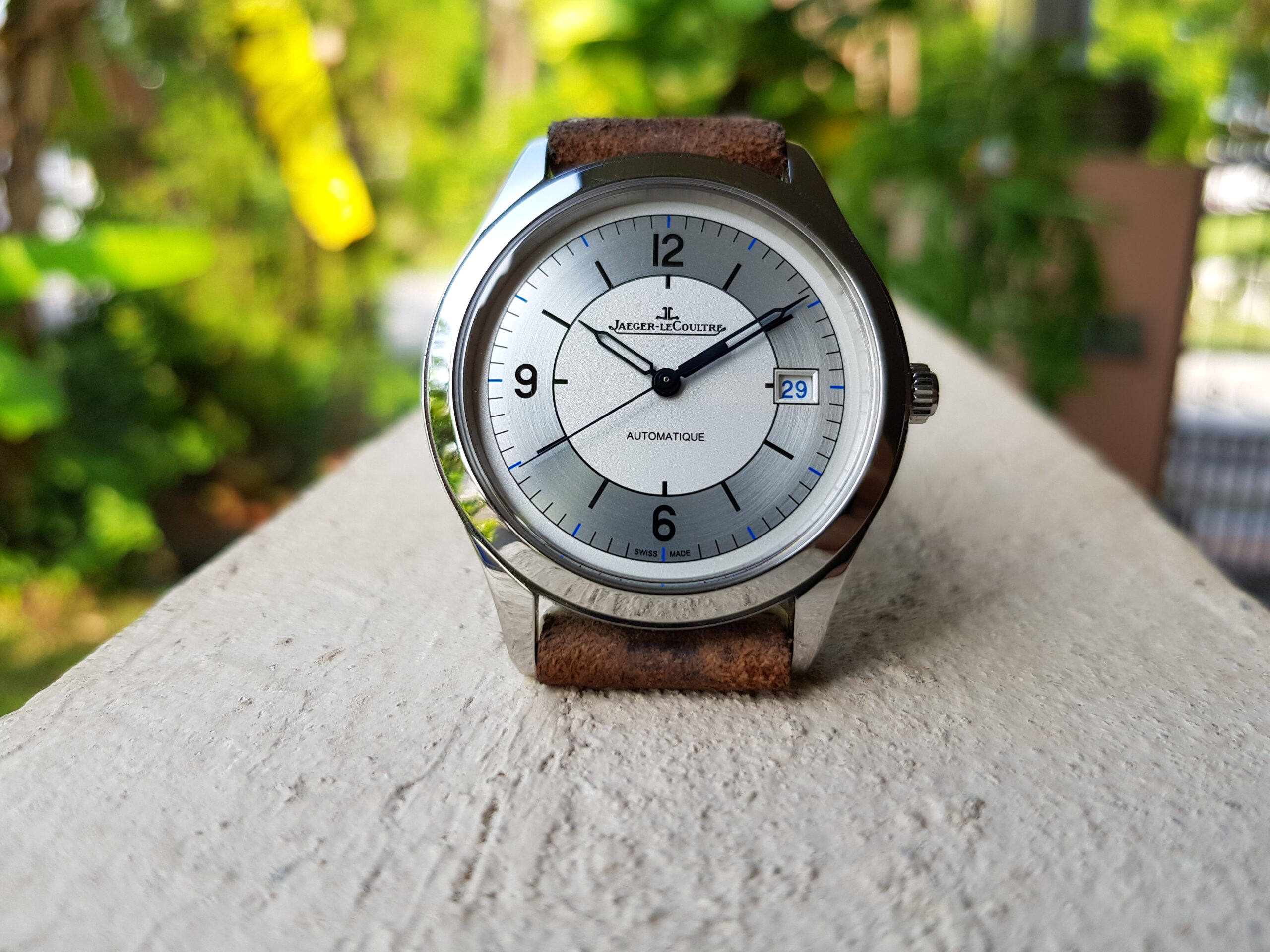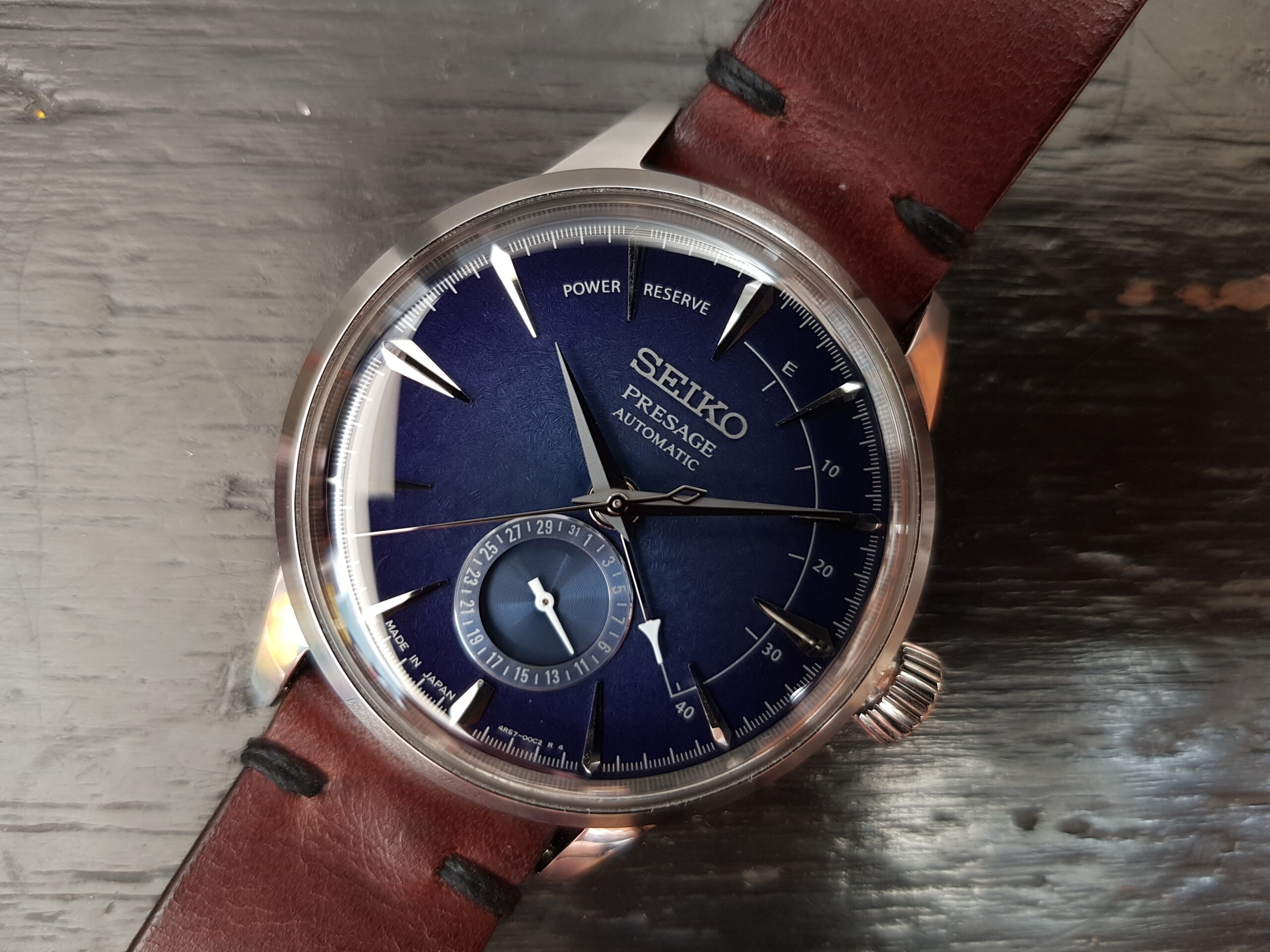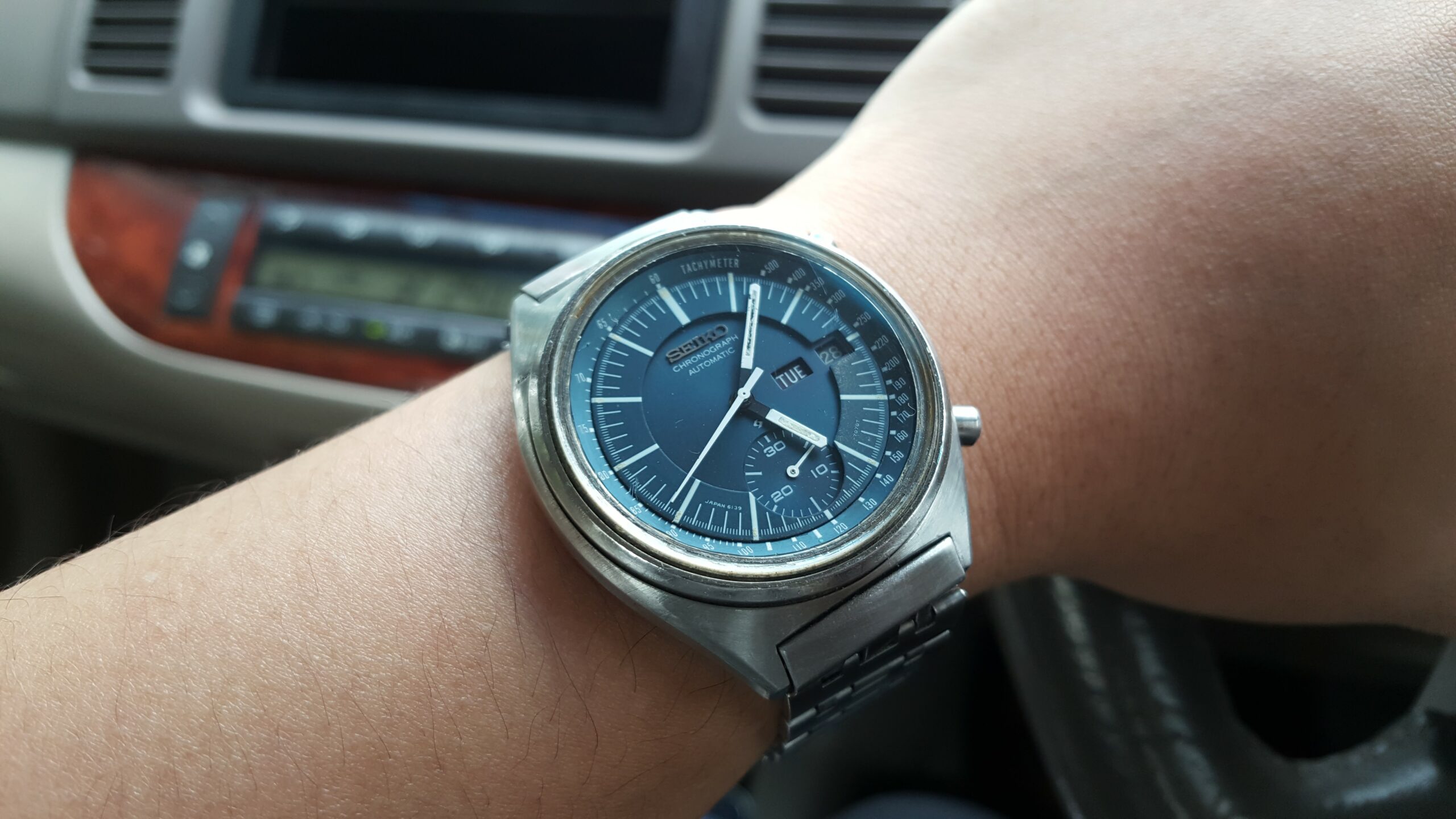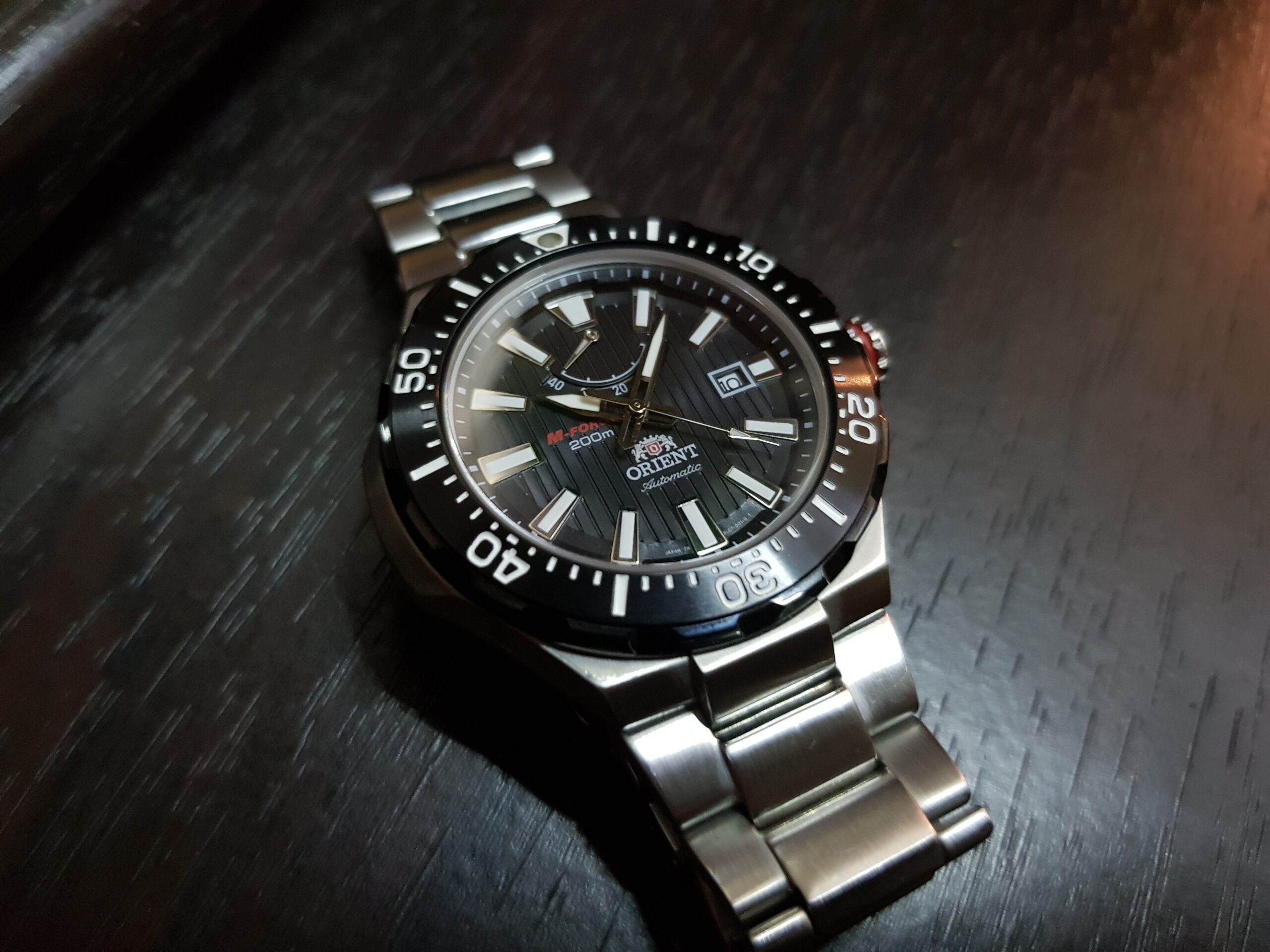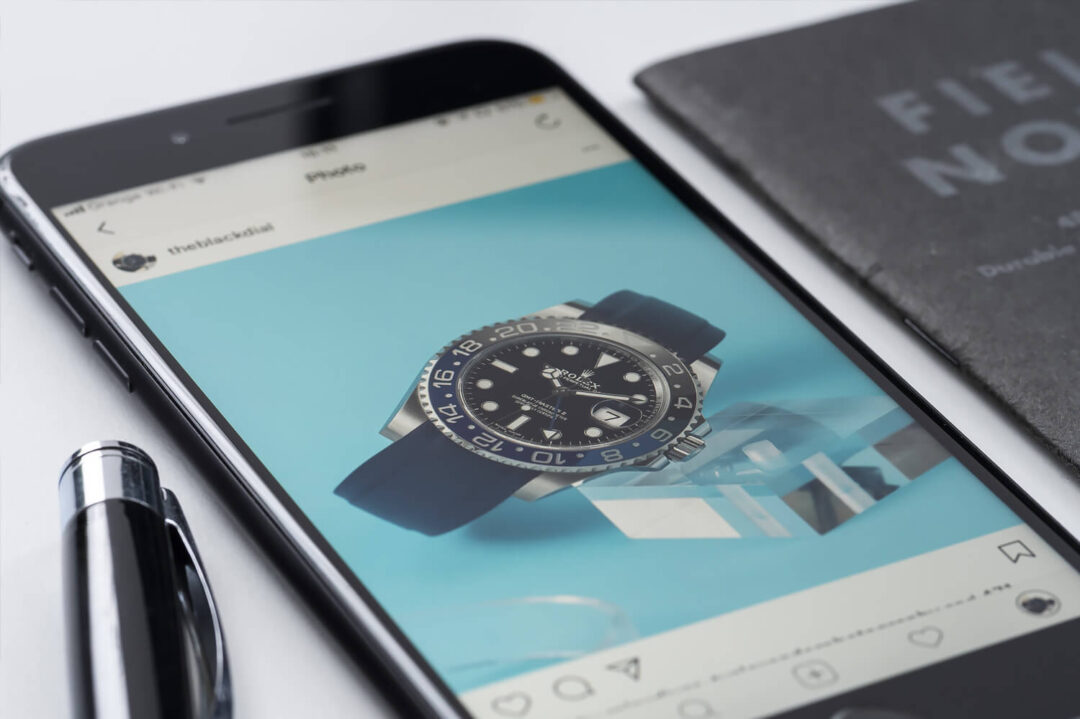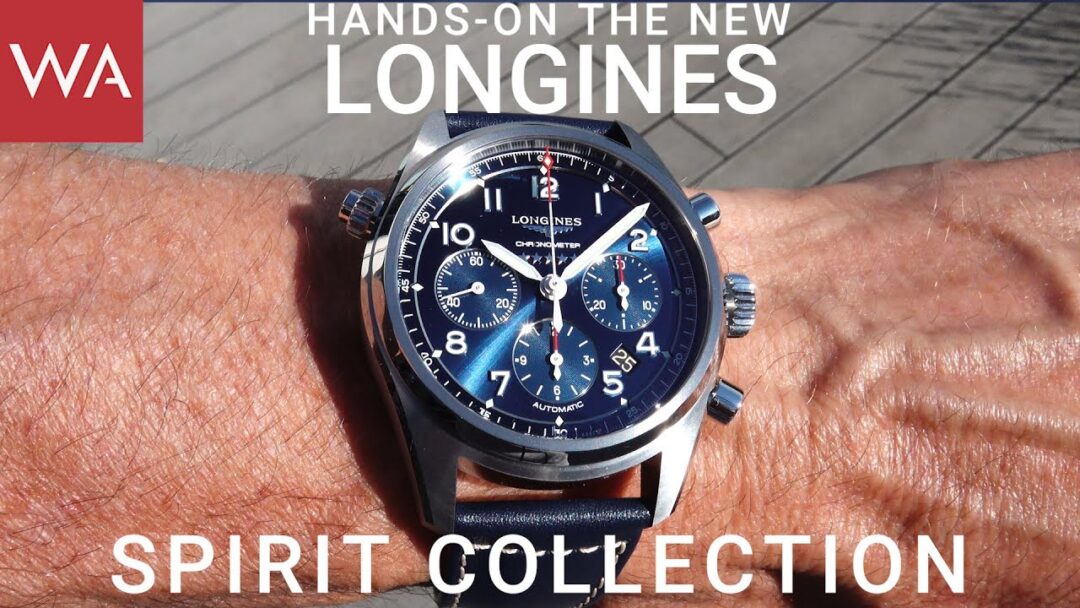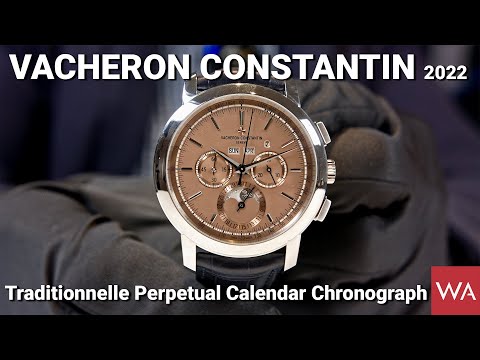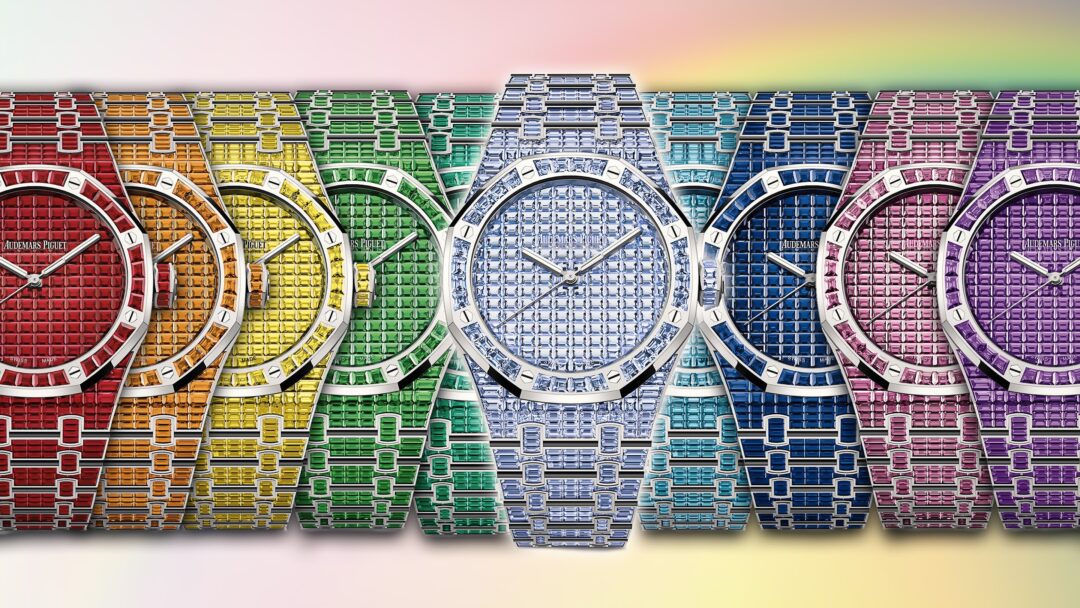DO YOUR RESEARCH
This is perhaps the single most important thing to do when it comes to collecting watches. As the saying goes, knowledge is power. The more you know about your watch before you buy it, the better. Everything you learn about a watch reduces the risk of you regretting your purchase later.
Knowing the dimensions of the case allows you to compare it to watches in your current collection, which can give you some idea of what the watch might wear like before you have the opportunity to try it. Learning about its functions/complications means you can test them thoroughly before making the purchase (or in the case of online purchases, immediately after you receive it). And being aware of the MSRP/market/grey market prices might help you to get a healthier discount, or at least avoid getting cheated.
This need for research is doubly true for vintage watches; the sheer number of frankens or outright fakes on the market can be terrifying. People often say that you should “buy the seller”, and there may be reputable sellers as well as buyer protection, but I take those as a safety net and nothing more. If you want to avoid getting burned, nothing beats arming yourself with as much knowledge as possible before taking the leap.
THINK TWICE (OR THRICE) BEFORE YOU COMPROMISE ON YOUR DREAM WATCH
If you’ve been dreaming about a watch that costs $5000 but feel it is a little too steep, it is probably best not to compromise and go for something that costs $3000 instead. If your new choice has a similar design and you’re getting it as a “substitute” of sorts, think very, very carefully before making that purchase. Odds are you’ll regret that decision and wish you’d saved up for the original $5000 watch, except you’re now another $3000 short of your goal!
Whenever possible, try to be patient and save up for a little longer to get the watch you really want. This is true even if the price of your compromise is only a small fraction of what you need to get your ideal watch. I personally went down the rabbit hole of vintage Seiko watches, and while each individual purchase only cost a small amount, it delayed my purchase of the Speedmaster for quite a long while. So trust me when I say you should save up for a little longer to get the watch you really want; I’ve been there.
NEVER BUY A WATCH ON THE SPOT
If you’re anything like me, doing all that research and saving up all that money makes it way too easy to walk into your local AD/boutique and buy it on the spot. Resist that impulse. Take your time; try it on and see how it feels, even if you’ve already done it a hundred times before. For me personally, I don’t even buy it on the same day.
Instead, I tell them to keep it for me and that I’ll be back to pick it up the next day. Then I go home and sleep on it. If I don’t feel even a twinge of regret, and can’t stop thinking about it, or even dream about it (don’t laugh, it’s happened to me!) I return the next day and seal the deal. There is nothing worse than buying a watch you’ve been tremendously excited about, then going home and regretting it. Buyer’s remorse is real, so do what you can to avoid it.
DO CONSIDER BUYING FROM AN AUTHORIZED DEALER OR BOUTIQUE
Yes, their prices are invariably higher than what you can get from the grey market, but what you get in return are perks. The most important, and the most obvious, is peace of mind thanks to full warranties and after purchase service. If you’ve ever been burned trying to claim a warranty from a grey market dealer, this is something you’ll appreciate. Making a purchase via official channels might even net you a few freebies. These extra accessories (and their associated value) can often help to make up for some of the premium. There are perks beyond that as well; maintaining a good relationship with your AD/boutique might net you invitations to local watch-related events.
These perks aren’t always worth the premium you’re paying, but it’s certainly something to keep in mind. This is especially true if you’re keen to be more involved in your local watch scene. Going to these events will help you to expand your social circle, and it is always great fun to meet up with fellow WIS and geek out over watches. And if you have ambitions to start writing about watches, a quick report about these events with some photos can be a great way to start writing about watches.
DO NOT CONSIDER YOUR WATCHES TO BE AN INVESTMENT
I saved this one for last, not just because this will be pretty controversial, but because it is perhaps the only principle that I adhere to with absolutely no exceptions. Assuming my personal criteria and budget requirements have been fulfilled, the first and foremost consideration in my mind is not “How much will this watch be worth in 10 years?” but simply “Will this watch make me happy?“
The reason for this is simple. Telling yourself that each watch you purchase is an “investment” is a quick and easy way to dig a big financial hole for yourself. The watch market is fickle to say the least, and attempting to predict the future monetary value of a watch is finicky at best. Even a limited edition watch could soon be eclipsed by a regular production model that looks similar. But if I am happy with the watch, whether or not the price collapses in the future, I’m more than happy to keep it anyway.
At this point I think it’s important to clarify two things: firstly, while the potential financial value of a watch is a secondary consideration for me, this does not mean I do not consider it at all. Instead, if the price of a watch that I’ve purchased goes up, I consider that to be an added bonus; but not something that I count on or depend on, and more importantly, it is not justification to purchase more watches.
Secondly, this principle is a little easier for me personally because my taste in watches tends to be rather conservative: I enjoy simple and clean designs, the kind that many would consider boring. While these watches might not be as trendy, they are easy to love and stay in love with even after a long while. This might not be as easy to achieve if you prefer more modern and flashy designs that may not fit into your personal style further down the road.
FINAL THOUGHT
Simply put, buying a watch is an intensely personal decision that you’ll have to figure out for yourself. Decide what gives your watch value, not just financially but personally and emotionally as well, and make your decisions. Because, at the end of the day, the only opinion that truly matters is your own.
PS: I would love to hear your thoughts on these points, and if you have any additional tips of your own do share them in the comment section below.
About the author: Kuo Chern Ng is a 28-year-old watch collector and aficionado, who has been involved with watches since his teenage years and really dug into the subject around 5 years ago. He is a Doctor and lives in the vibrant city of Penang, Malaysia. You can find our “Collector of the Month” article about Kuo Chern

